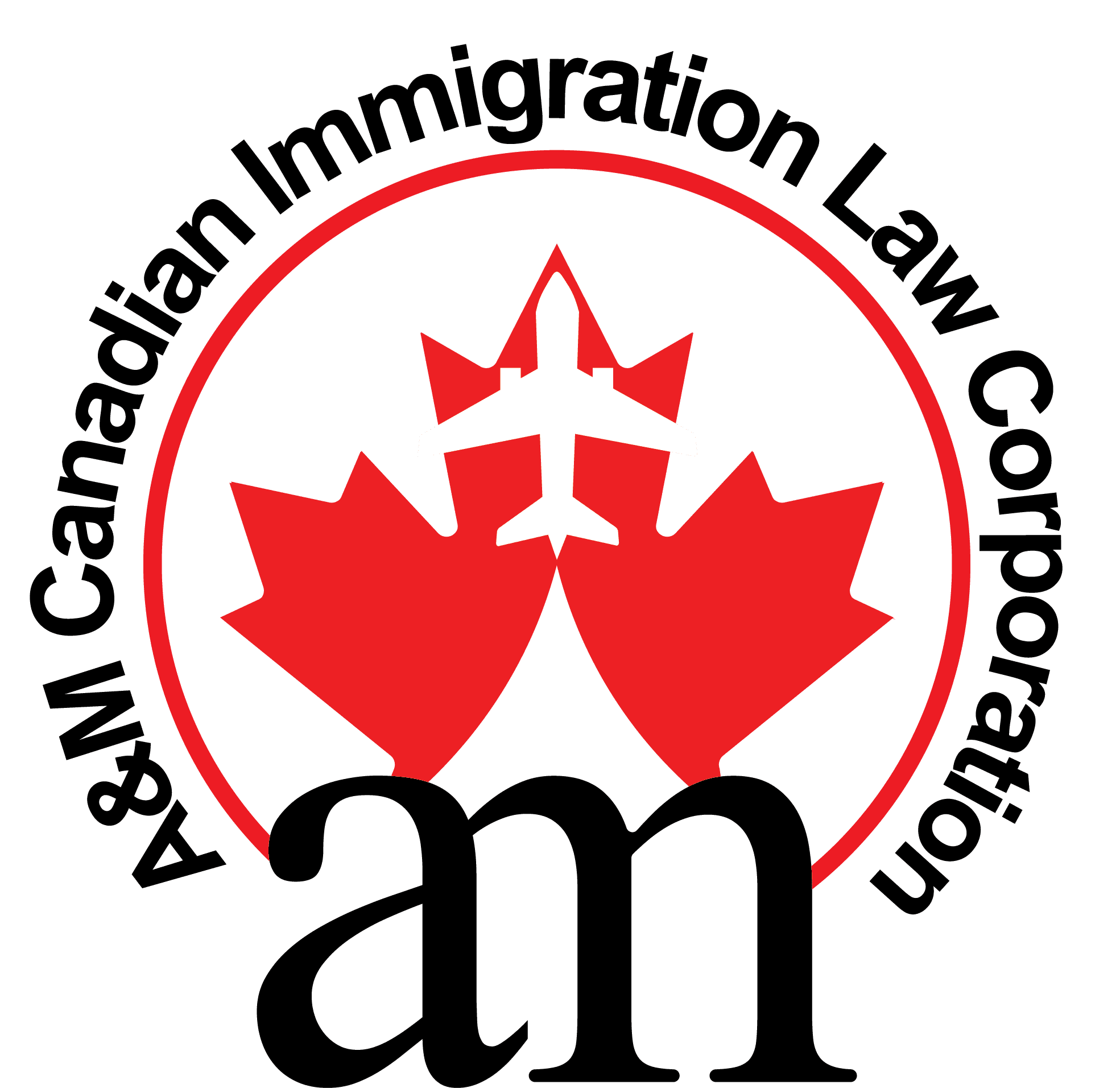Misrepresentation in Canadian Immigration
A&M Canadian Immigration Law Corporation
Misrepresentation in Canadian Immigration
Misrepresentation occurs
when an applicant provides false, inaccurate, or incomplete information to Immigration,
Refugees and Citizenship Canada (IRCC), the Canada Border Services
Agency (CBSA), or a provincial immigration program such as the Manitoba
Provincial Nominee Program (MPNP).
This does mean lying
deliberately. Even failing to disclose relevant details, submitting incomplete
information, or relying on documents that later turn out to be inaccurate may
count as misrepresentation.
Some examples include:
- Omitting past refusals from other countries.
- Providing false employment letters or altered
bank statements.
- Misrepresenting marital status or family
members.
- Withholding criminal history, even if it seems
minor.
- Submitting fraudulent educational or work
experience documents.
- Incorrect information given by an immigration
consultant or representative (you are still responsible for it).
Why Do People Get
Misrepresentation Allegations?
There are many reasons why
applicants face misrepresentation findings, and not all of them involve
intentional dishonesty. Common causes include:
- Incomplete Disclosure – Forgetting to mention prior visa refusals or
overstays.
- Fraudulent Documents – Using fake or altered documents to strengthen
an application.
- Errors from Representatives – Mistakes made by immigration consultants,
lawyers, or agents that affect the accuracy of your file.
- Unclear Answers – Providing vague or inconsistent responses
during an interview with IRCC or CBSA.
- Omissions in Family Information – Not declaring spouses, children, or
dependents.
Even if the mistake was
accidental, IRCC may still classify it as misrepresentation.
Consequences of
Misrepresentation
Misrepresentation is taken
very seriously in Canadian immigration law. If found guilty, applicants may
face:
- Application Refusal – The current application is immediately
refused.
- Five-Year Ban – The applicant is barred from applying for immigration to Canada
for 5 years.
- Loss of Status – If already in Canada, your temporary or permanent status can be
revoked.
- Removal from Canada – You may be issued a deportation order if
misrepresentation is discovered after arrival.
- Future Difficulties – Even after the ban ends, past
misrepresentation can affect credibility in future applications.
For example, if someone applies through the MPNP and submits an inaccurate employment letter, not only can the nomination be cancelled, but the applicant may also face a ban from applying under any immigration program for years.
Possible Solutions if You
Receive a Misrepresentation Allegation
If you receive a Procedural
Fairness Letter (PFL) alleging misrepresentation, you do have an
opportunity to respond before a decision is made. Some potential solutions
include:
- Responding to the PFL – Provide a strong, well-documented explanation
and supporting evidence to show the mistake was not intentional.
- Proving Good Faith – Demonstrating that the error was due to
misunderstanding, translation issues, or representative error.
- Appealing or Judicial Review – In certain cases, you may be able to
challenge the decision before the Immigration Appeal Division (IAD) or the Federal Court of Canada.
- Humanitarian & Compassionate Grounds – In rare cases, if refusal would cause undue
hardship, you may apply under H&C considerations.
Because misrepresentation
cases are legally complex, professional representation is highly recommended.
How to Avoid
Misrepresentation
The best strategy is
prevention. Here’s how you can protect your immigration future:
- Be 100% Honest – Always provide truthful information, even if you think it could
hurt your chances.
- Disclose Everything – Previous refusals, overstays, arrests, or
dependents must be declared.
- Double-Check All Forms – Review every application form for accuracy
before submission.
- Use Verified Documents – Never submit altered or unverified documents.
- Work with Trusted Lawyers – If you are unsure, consult with a licensed immigration lawyer instead of unregulated agents.
Misrepresentation in MPNP
Cases
The Manitoba Provincial
Nominee Program (MPNP) is one area where misrepresentation frequently
arises. Applicants may exaggerate job experience, misstate settlement funds, or
fail to disclose ties to Manitoba properly.
For example:
- Submitting a fake reference letter to prove
Manitoba work experience.
- Claiming to have family ties in Manitoba that do
not exist.
- Providing inaccurate settlement plan
information.
If discovered, MPNP will not
only refuse the application but may also impose a ban, which affects your
eligibility to apply under other immigration streams.
Misrepresentation can have
devastating effects on your immigration journey. Whether intentional or
accidental, the consequences are severe and long-lasting. However, with the
right guidance, applicants can respond effectively to allegations, minimize damage,
and build stronger applications in the future.
If you have received a Procedural
Fairness Letter or are facing allegations of misrepresentation, time is
critical. Our experienced immigration lawyers can help you respond, prepare
your case, and protect your future in Canada.
Book a consultation with
us today to discuss your situation.






